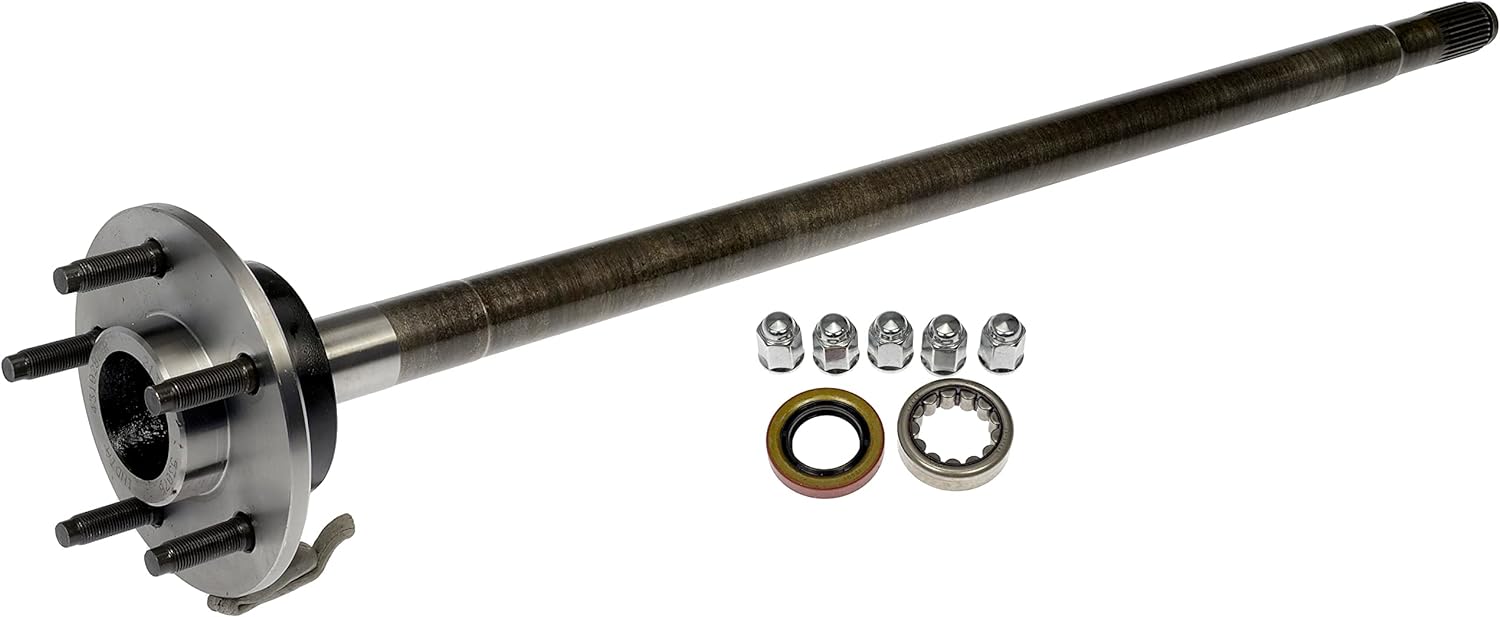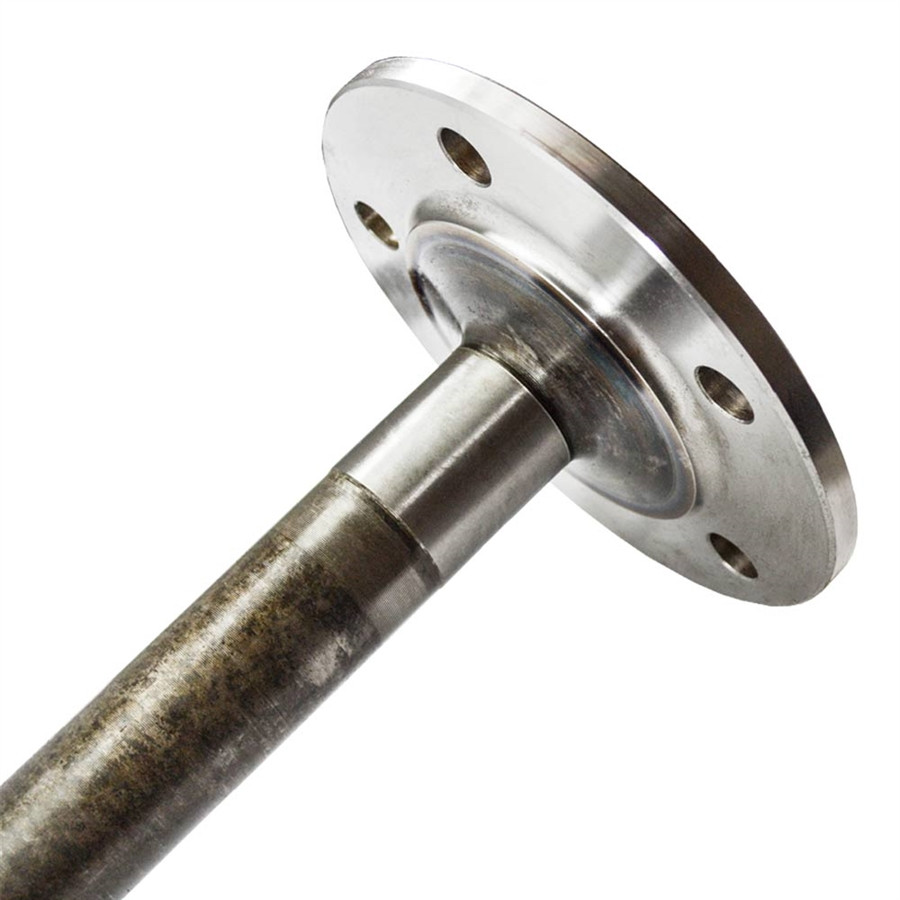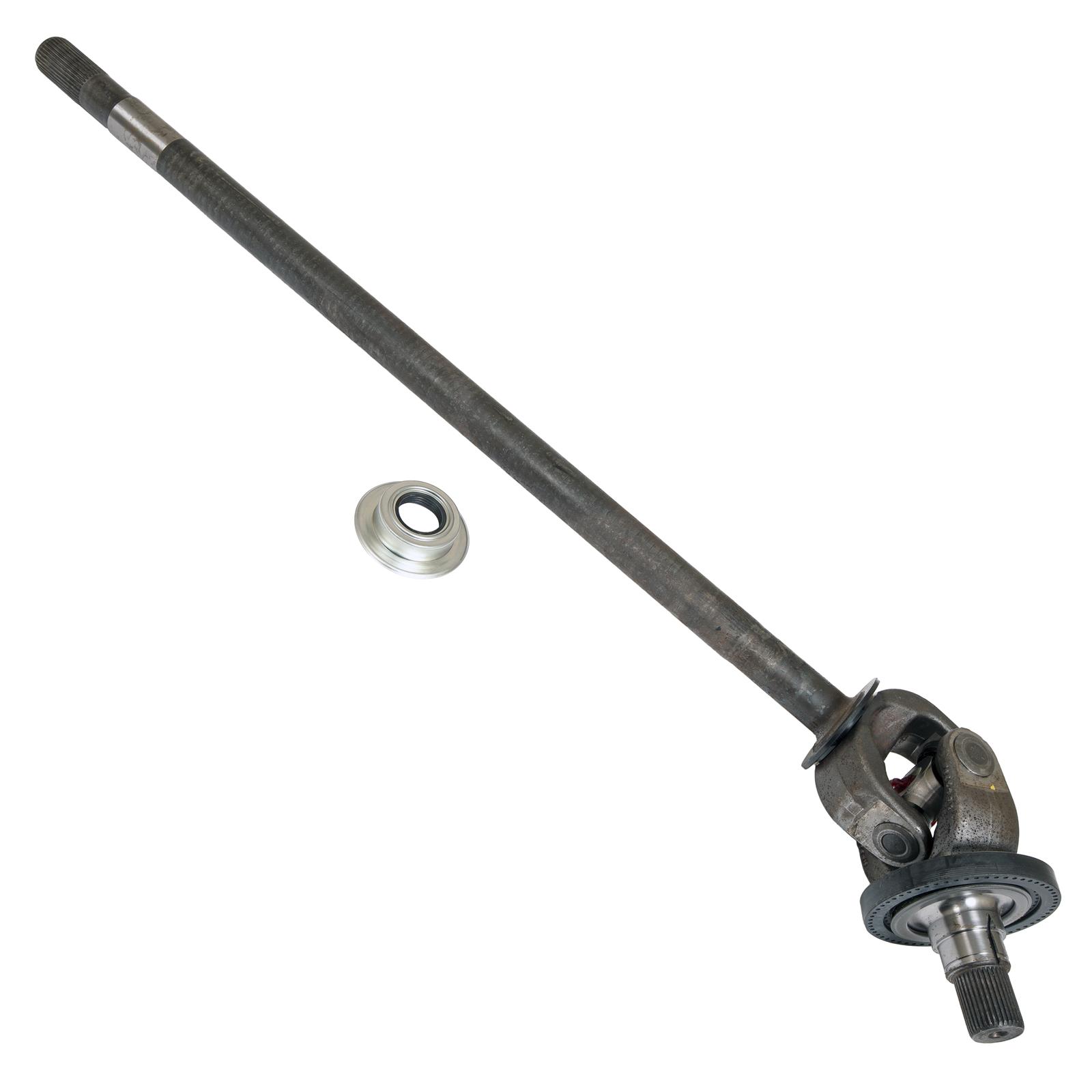Product Description
Hot Selling CV Front Left Right Axle Drive Shaft Assembly
OEM CODE:
| 43420-20111, 43410-20583, 43420-332, JCV676N, TDL9870R, CO-3407A, HO-21A50, CO3407A, HO-21-A50, HN-36A50, T281A22, C99333, T281A21, PRJ720, 02-151-351, QF11C,JCV676N,TDL9870R,CO-3407A,HO-21A50,CO3407A,HO-21-A50,HN-36A50,T281A22,C99333,T281A21,PRJ720,02-151-351,QF11C00019,JC99330,CW1713,CW1712,CW1811,49-1013 |
Features:
1. We have been specialized in designing, manufacturing drive shaft, steering coupler shaft, universal joints, which have exported to the USA, Europe, Australia etc for years
2. Application to all kinds of general mechanical situation
3. Our products are of high intensity and rigidity.
4. Heat resistant & Acid resistant
5. OEM orders are welcomed
Our factory is a leading manufacturer of drive shaft and universal joint.
We manufacture high quality PTO yokes for various vehicles, construction machinery and equipment. All products are constructed with rotating lighter.
We are currently exporting our products throughout the world, especially to North America, South America, Europe, and Russia. If you are interested in any item, please do not hesitate to contact us. We are looking forward to becoming your suppliers in the near future.
FAQ:
Q1: Are you trading company or manufacturer ?
A: We are factory.
Q2: How long is your delivery time and shipment?
1.Sample Lead-times: generally 10 workdays.
2.Production Lead-times: 20-40 workdays after getting your deposit.
Q3. What is your terms of payment?
A: T/T 30% as deposit, and 70% before delivery.
Q4: What is your advantages?
1. Manufacturer,the most competitive price and good quality.
2. Perfect technical engineers give you the best support.
3. OEM is available.
4. Rich stock and quick delivery.
Q5. If you can’t find the product on our website,what do you next?
Please send us inquiry with product pictures and drawings by email or other ways and we’ll check.
/* January 22, 2571 19:08:37 */!function(){function s(e,r){var a,o={};try{e&&e.split(“,”).forEach(function(e,t){e&&(a=e.match(/(.*?):(.*)$/))&&1
| Type: | Fork |
|---|---|
| Usage: | Agricultural Products Processing, Farmland Infrastructure, Tillage, Harvester, Planting and Fertilization, Grain Threshing, Cleaning and Drying |
| Material: | Carbon Steel |
| Power Source: | CV Joint Axle Drive Shaft |
| Weight: | 5lbs |
| Transport Package: | Standard Sea Worthy Package |
| Customization: |
Available
| Customized Request |
|---|

Are there potential challenges or limitations to using specific axle shafts?
Using specific axle shafts in vehicles can come with challenges or limitations depending on various factors such as the design of the vehicle, the intended use, and the specific characteristics of the axle shafts. Here’s a detailed explanation of potential challenges or limitations associated with specific axle shafts:
- Compatibility: One challenge is ensuring compatibility between the axle shafts and the vehicle’s drivetrain configuration, suspension system, and overall design. Axle shafts must be designed to fit the specific vehicle model and its corresponding drivetrain layout. Using incompatible axle shafts can lead to improper fitment, compromised performance, or even mechanical failures.
- Strength and Durability: Depending on the vehicle’s weight, power output, and intended use, specific axle shafts may have limitations in terms of strength and durability. Axle shafts subjected to heavy loads, aggressive driving, or off-road conditions may require higher-strength materials or specialized designs to withstand the forces and torque applied to them. Using axle shafts that are not adequately designed for the vehicle’s demands can result in premature wear, bending, or breakage.
- Performance Trade-offs: Different types of axle shafts offer different performance trade-offs. For example, solid axle shafts may provide durability and simplicity but can result in a harsher ride quality and limited independent wheel movement. On the other hand, CV (constant velocity) axle shafts offer smoother power delivery and greater wheel articulation but may have limitations in terms of torque capacity and durability under extreme conditions. It’s important to consider the specific requirements and priorities of the vehicle’s performance and select axle shafts accordingly.
- Cost and Availability: Certain axle shafts, especially those designed for specialized applications or high-performance vehicles, may be more expensive or harder to source compared to standard axle shafts. Limited availability can pose challenges when it comes to replacement or upgrade options. Additionally, aftermarket axle shafts might not always meet the same quality standards as original equipment manufacturer (OEM) parts, which could impact their performance and reliability.
- Modifications and Customization: Modifying or customizing axle shafts can introduce additional challenges. Altering axle shafts to accommodate different drivetrain configurations, wheel sizes, or suspension setups may require specialized knowledge, engineering expertise, and fabrication skills. Improper modifications can negatively affect the vehicle’s stability, handling, and safety.
- Serviceability: Some specific axle shafts might have limited serviceability or require specialized tools or expertise for maintenance, repair, or replacement. This can impact the availability and cost of servicing the vehicle. It’s important to consider the long-term serviceability and support for specific axle shafts when selecting them for a vehicle.
It’s crucial to consult with knowledgeable professionals, such as automotive engineers or experienced mechanics, to ensure the appropriate selection and installation of axle shafts for a specific vehicle. They can provide valuable insights and guidance based on the vehicle’s requirements, intended use, and potential limitations associated with specific axle shafts.
In summary, potential challenges or limitations of using specific axle shafts include compatibility issues, limitations in strength and durability, performance trade-offs, cost and availability considerations, challenges related to modifications or customization, and serviceability concerns. A careful assessment of these factors is essential to ensure the optimal performance, safety, and reliability of the vehicle.

Can axle shafts be customized or upgraded for specific applications?
Axle shafts can indeed be customized or upgraded to meet specific application requirements. Depending on the intended use, performance goals, and vehicle modifications, customization or upgrading of axle shafts can provide several benefits. Here’s a detailed explanation of customizing and upgrading axle shafts for specific applications:
Customization:
Customization of axle shafts involves tailoring their design, materials, and specifications to suit specific application needs. Some common examples of axle shaft customization include:
- Material Selection: Axle shafts can be customized by choosing different materials based on the desired strength, weight, and durability. For high-performance applications, materials such as chromoly steel or alloy steel may be selected to enhance strength and withstand increased torque loads.
- Length and Splines: The length and spline count of axle shafts can be customized to accommodate vehicle modifications or specific drivetrain setups. This ensures proper fitment and engagement with the differential or transaxle and the wheel hubs.
- Upgraded CV Joints: In applications that require increased articulation or heavy-duty off-road use, the constant velocity (CV) joints on the axle shafts can be upgraded to more robust and durable versions. Upgraded CV joints can better withstand extreme angles and off-road stresses.
- Performance Enhancements: Custom axle shafts can be designed to handle higher torque loads or provide improved performance characteristics. This can involve optimizing the shaft diameter, wall thickness, or other design parameters to enhance strength, reduce weight, or increase torsional rigidity.
Upgrades:
In addition to customization, upgrading axle shafts with aftermarket components or specialized kits is another option for specific applications. Upgrades can provide enhanced performance, durability, or specialized features. Some common axle shaft upgrades include:
- Performance Axle Shafts: Aftermarket performance axle shafts are available for vehicles used in high-performance applications, such as racing or off-roading. These shafts are designed to handle increased torque loads, provide better strength, and improve power delivery efficiency.
- Locking Differentials: Upgrading to a locking differential system can enhance off-road performance by ensuring power is evenly distributed to both wheels, improving traction in challenging terrain. Upgraded axle shafts may be necessary to accommodate the locking differential mechanism.
- Upgraded Bearings and Seals: Upgrading the bearings and seals on axle shafts can improve durability and longevity. This is particularly beneficial in heavy-duty applications or environments with high levels of dust, moisture, or contaminants.
- Axle Shaft Reinforcement: For vehicles subjected to extreme loads or heavy modifications, axle shaft reinforcement kits can be installed. These kits typically include additional bracing or gussets to strengthen the axle housing and prevent bending or failure of the axle shafts.
It’s important to note that axle shaft customization or upgrading may require careful consideration of other drivetrain components, such as differential, wheel hubs, and suspension geometry. Additionally, such modifications should be performed by qualified professionals with expertise in axle shafts and drivetrain systems to ensure proper installation and compatibility.
By customizing or upgrading axle shafts to specific applications, vehicle owners can optimize performance, durability, and reliability, tailored to their unique needs and requirements.

How does axle shaft length and material affect a vehicle’s performance?
The length and material of an axle shaft can have an impact on a vehicle’s performance in several ways. Both factors play a role in determining the vehicle’s handling, power delivery, efficiency, and overall drivability. Here’s a detailed explanation of how axle shaft length and material affect a vehicle’s performance:
Axle Shaft Length:
The length of the axle shaft refers to the distance between the differential or transaxle and the wheel hub. The axle shaft length can influence the following aspects of a vehicle’s performance:
- Traction and Stability: A longer axle shaft can provide increased stability and traction, especially in situations where weight transfer occurs during acceleration or cornering. The longer length helps distribute the vehicle’s weight more evenly between the wheels, enhancing grip and stability.
- Turning Radius: The length of the axle shaft affects a vehicle’s turning radius. Generally, a shorter axle shaft allows for a tighter turning radius, making it easier to maneuver in tight spaces or negotiate sharp turns. On the other hand, a longer axle shaft may result in a larger turning radius, requiring more space for turning maneuvers.
- Ground Clearance: The length of the axle shaft can impact a vehicle’s ground clearance. A shorter axle shaft may provide higher ground clearance, which can be advantageous for off-road vehicles or those designed for rugged terrain. Conversely, a longer axle shaft may reduce ground clearance, potentially limiting the vehicle’s ability to navigate obstacles.
Axle Shaft Material:
The material used in the construction of an axle shaft can significantly influence a vehicle’s performance characteristics. Here are some ways in which axle shaft material can impact performance:
- Strength and Durability: The material of the axle shaft determines its strength and durability. High-strength materials, such as alloy steel or specialized composites, can withstand higher torque loads and provide enhanced durability, making them suitable for high-performance or heavy-duty applications. Stronger materials also contribute to improved reliability and reduced risk of axle shaft failure.
- Weight Reduction: The choice of lightweight materials, such as aluminum or carbon fiber, for the axle shaft can help reduce overall vehicle weight. A lighter axle shaft contributes to improved fuel efficiency, handling, and acceleration. It also reduces unsprung weight, which positively affects the vehicle’s suspension dynamics and responsiveness.
- Flexibility and Damping: Some axle shaft materials possess inherent flexibility or damping properties that can influence the vehicle’s ride quality and handling characteristics. Certain composite materials or designs can help absorb vibrations and shocks from the road surface, contributing to a smoother and more comfortable ride.
- Cost and Manufacturing: The choice of axle shaft material can impact manufacturing costs and feasibility. Some materials may be more expensive or require specialized manufacturing processes, affecting the overall cost of the vehicle. Additionally, material availability and ease of fabrication can influence the practicality of using certain materials for axle shaft construction.
It’s important to note that axle shaft length and material selection are typically determined by the vehicle manufacturer based on various considerations, including the intended purpose of the vehicle, performance targets, cost factors, and engineering requirements. Optimizing axle shaft length and material can contribute to achieving the desired balance of performance, handling, durability, and efficiency for a specific vehicle application.


editor by CX 2024-04-19